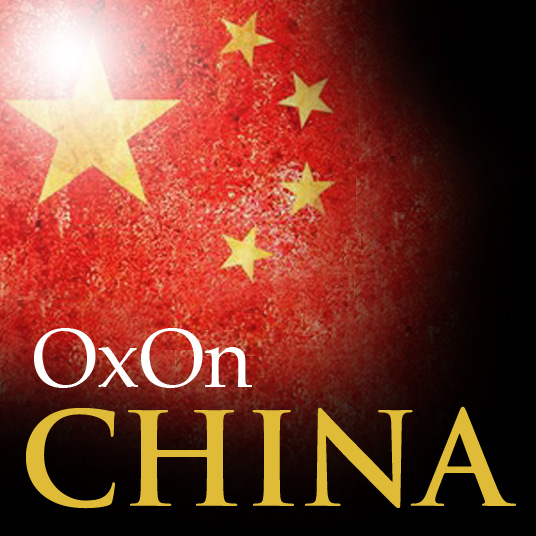
Debating China’s North Korea policy
Following North Korea’s third nuclear weapons test in February this year, much attention has been paid to debates within China over its troublesome neighbour, with some suggesting severing ties to the North altogether. Do these discussions reflect a fundamental shift underway in China’s North Korea policy? Not necessarily.
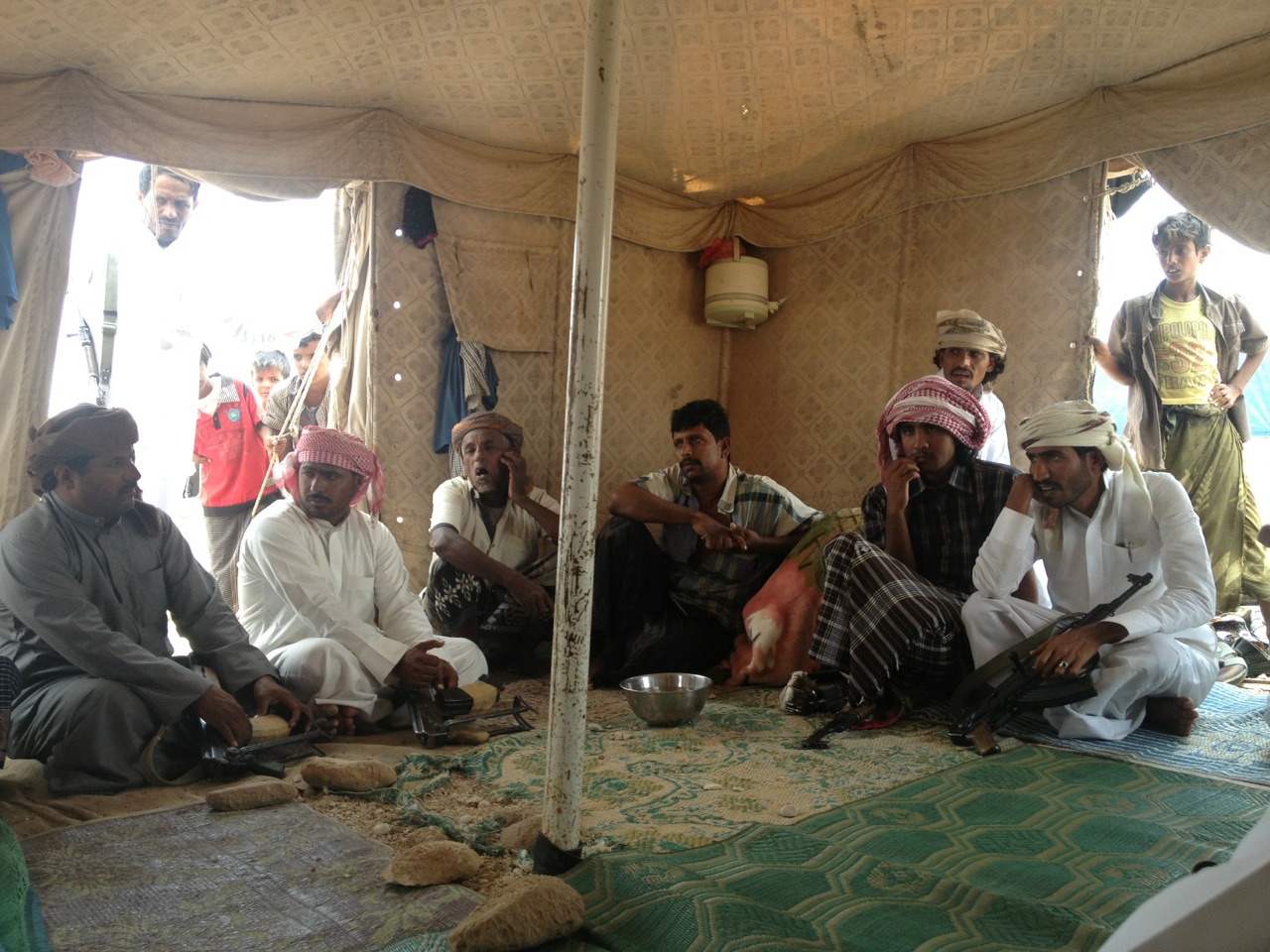
Staying safe among Yemen’s eastern tribes
Elisabeth Kendall, senior research fellow in Arabic and Islamic studies at Pembroke College, Oxford, recently travelled to Yemen’s remote and dangerous Mahra region to carry out the first ever survey of the local people’s hopes, fears and political aspirations in post-revolution Yemen.
There she spoke with tribal leaders about the threat to the region from al Qaeda fighters, met tribesmen trying to combat gun and drug smugglers, and heard of plans to pipe the region’s limited water supply to Saudi Arabia.

Bernard-Henri Levy on Humanitarian Intervention
One of the leaders of the ‘Nouveaux Philosophes’ movement in 1976, Levy has made contributions to many areas of philosophy. However, he has recently gained notoriety for his prominent and influential opinions regarding humanitarian intervention. As a man with a penchant for war zone tourism, Levy has trotted the glob in response to each new outbreak of conflict; ostensibly in order to attract public attention to the issue (and, arguably, to himself); each time proclaiming his solution to the crisis within a few weeks of arrival. That solution is frequently very similar – the West must intervene.
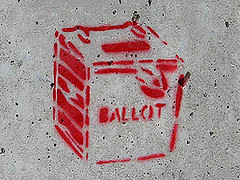
A Place beyond the Ballots: Women and the 2014 Elections in Afghanistan
2014 is a pivotal year for Afghan Politics. With the withdrawal of NATO troops, the 2014 elections have the potential to determine the country’s socio-political narrative. How these elections are conducted will impact the challenges and opportunities that Afghanistan will face. More specifically, what would this paradigm shift mean to a section of society that have come to represent one of its most repressed, neglected and disenfranchised aspects: the Afghan women. After decades of war and instability, women have finally been able to participate in politics and other male-dominated spheres of Afghan society. After the fall of the Taliban regime in 2001, the increasing presence of women in the Parliament, occupying seats alongside ‘warlords’ and other prominent male figures, has …
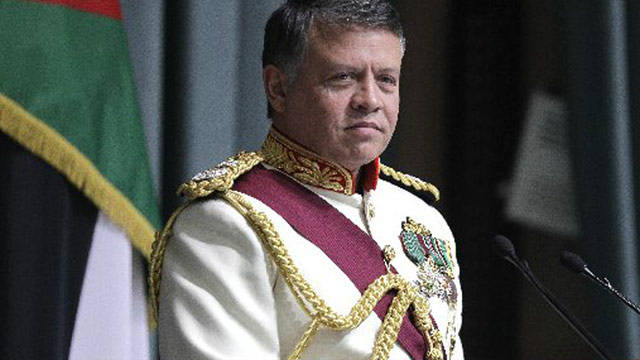
The Principle of Being a Principal: understanding the reasons behind the durability of Jordan’s monarchy
When the ‘Arab Spring’ reached Jordan in 2011, every local and international news outlet repeated the same message: ‘the people want to topple the regime’. But reflecting on my involvement with Jordan over the years, I wonder which ‘people’ they were referring to. The people off the street didn’t want to overthrow their King. On the street, the protests I drove past on the way to work called for evolution rather than revolution. Public gatherings, often claimed by the media as reaching the tens of thousands, were cancelled on numerous occasions due to low attendance. In stark contrast to the violent force employed in other Arab monarchies, the police were praised for handing out fruit juice to protestors. In fact, I often heard pro-reform bloggers and journalists being criticised as ‘attention-seeking nobodies’. Two years on, and 7,000 street demonstrations later, ‘the people’ have still not toppled the regime. This begs the question: what do the people want? Do the people want to keep their monarchy?

India and China in Central Asia: different game plans for securing energy
The much hyped energy rivalry between India and China has seemingly played a part in the new great game in Central Asia. Popular media laments India’s sluggishness in following China’s footsteps. However, upon closer examination, the two countries aren’t quite playing the same game; their motivations and limitations with regard to Central Asia are different, a fact that is often ignored in surface comparisons.
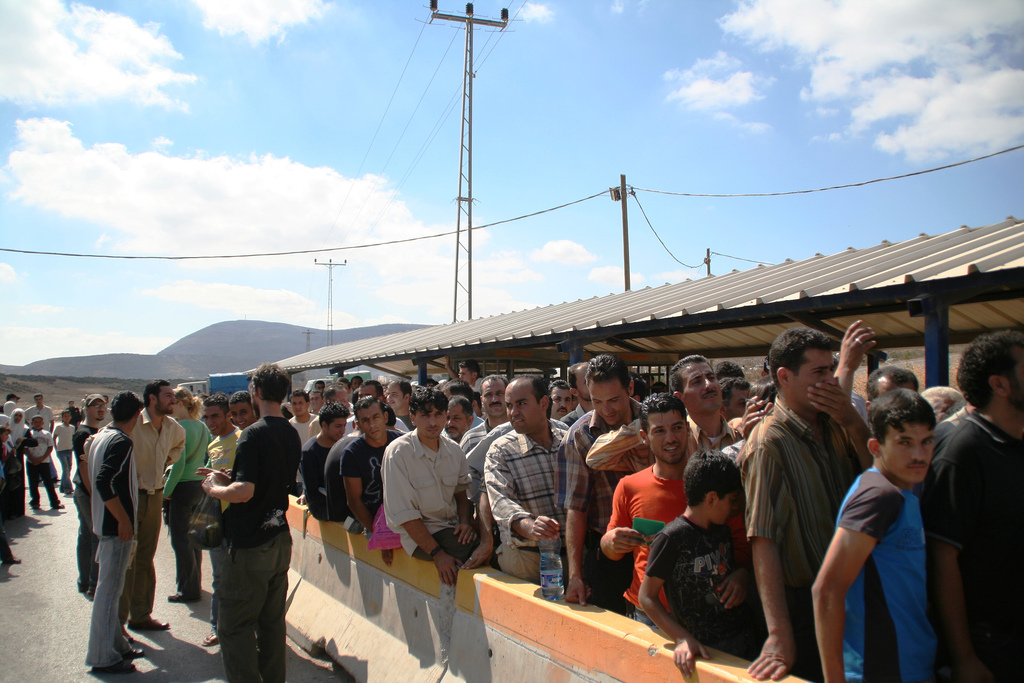
Davids Versus Goliaths: Can Palestinians, Greeks and Cypriots apply the same solutions to similar bargaining problems?
Like the queues in Qalandyia checkpoint and those in front of Laiki Bank, the demonstrations in Nabi Saleh and those in Syntagma Square seem worlds apart. And they are – a military occupation cannot be compared with austerity measures.
However, even though there are many differences between the daily lives of Palestinians and Hellenic nations, they face similar bargaining problems and decisions towards the current status quo. In order to consider if they could apply similar solutions to strive for a brighter future, drawing comparisons between these two situations might help us better comprehend the similar bargaining problems they face.
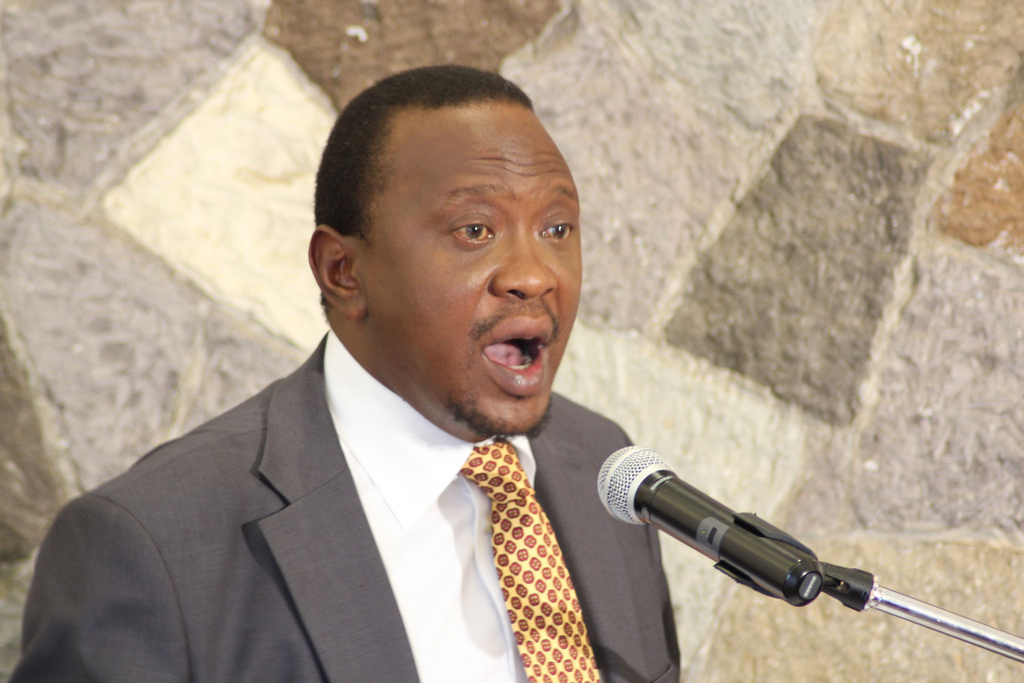
Kenya’s hopes for justice in the hands of the accused
On March 30, the Kenyan Supreme Court faced its most critical challenge to date, as it delivered its verdict on the petition contesting the results of the presidential election held on 4 March. In its landmark decision the judicial body upheld Uhuru Kenyatta’s victory as declared by the Independent Electoral and Boundaries Commission (IEBC) on 9 March. While the verdict was certainly disappointing for Raila Odinga and his supporters, the decision to contest the election through the Courts and – most crucially of all – accept its verdict, is a powerful vote of confidence in Kenya’s reformed judiciary. Odinga’s decision to contest the election through the Courts stands in sharp contrast to the disputed election of 2007-08. Five years ago, lack of faith in Kenya’s judiciary meant that challenges to the poll results played out in the streets, leading to widespread violence that swept across the country. With nearly 1300 killed and hundreds of thousands displaced, the 2007-08 post-election violence amounted to Kenya’s worst political crisis since independence.









